-
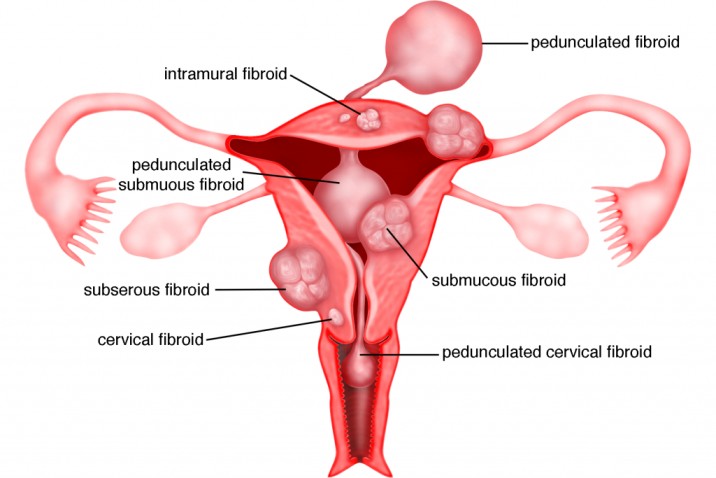
FIBROIDS (FIBROMYOMAS)
FIBROIDS (FIBROMYOMAS) Fibroids are benign / non-cancerous tumors that originates from thesmooth muscle layer (myometrium) of the uterus.Fibroids are benign tumors arising from the smooth muscle of the uterus. Other common names are :uterine leiomyoma, myoma, fibromyoma,fibroleiomyoma. They occur usually after the age of 30 years and commonly in women who have not had children.…
-
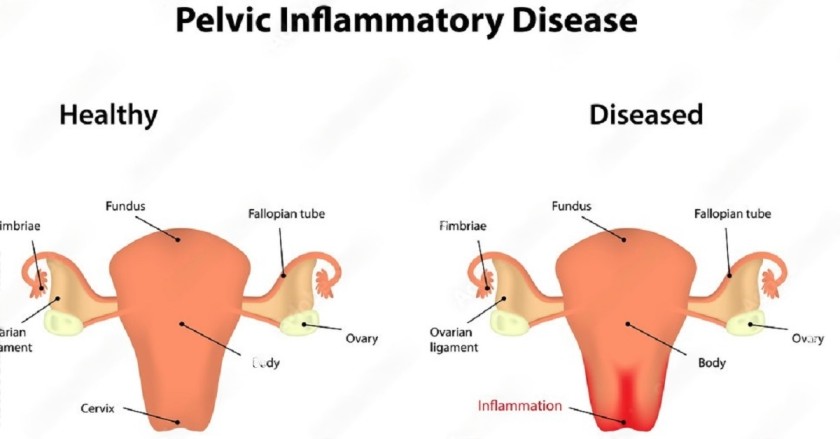
PELVIC INFLAMMATORY DISEASES (PID)
Pelvic Inflammatory Diseases (PID) Pelvic inflammatory disease (PID) refers to various inflammatory conditions affecting the upper genital tract in females. Pelvic Inflammatory Diseases (PID) refer to infections that affect the pelvic organs, pelvic peritoneum, and the pelvic vascular system. Pelvic inflammatory diseases are diseases of the upper genital tract. It is a spectrum of infection…
-
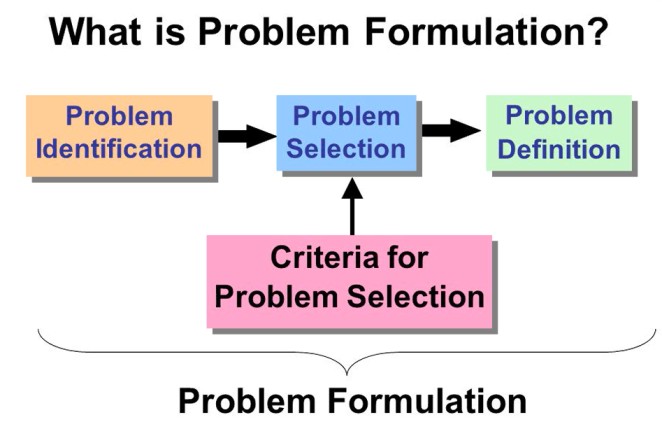
Formulation of research topics
Formulation of research topics Introduction Very often, people may want to have a research topic before formatting a research problem. Yet by the time of thinking how the topic should be, there are issues that a researcher feels needs attention to be addressed through research. This means a problem should be at hand in order to…
-
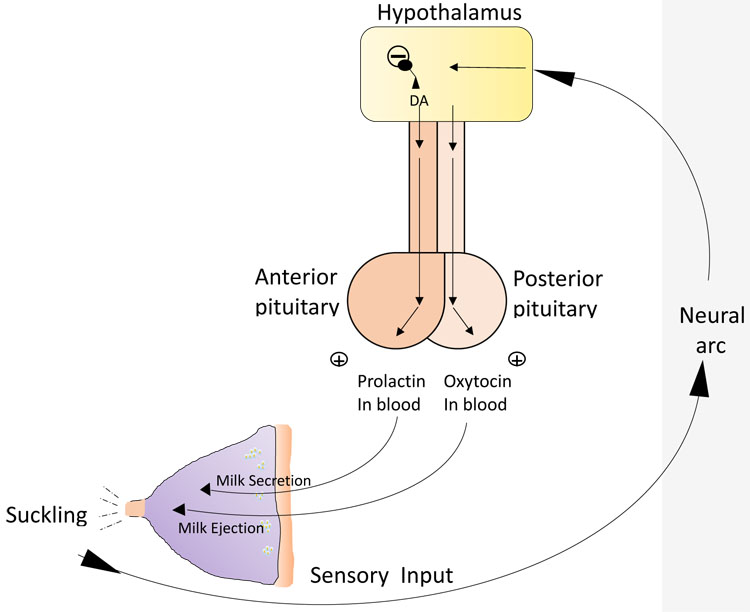
PHYSIOLOGY OF PUERPERIUM
Physiology of Puerperium The term \”involution\” is used to refer to the regressive changes taking place in all of the organs and structures of the reproductive tract. During this stage, a number of physiological changes take place. The reproductive organs return to the non-gravid state lactation is established, and all other physiological changes that occurred…
-

Normal Puerperium
Normal Puerperium Puerperium, also known as the postpartum period, is the time following childbirth or abortion, commencing after the expulsion of the placenta and membranes, and typically lasting for about 6 to 8 weeks. During this phase, the body\’s tissues, especially the pelvic organs, undergo a process of returning approximately to their pre-pregnant state, both…
-

Examination of THE placenta
Examination of the Placenta: Aims of Placenta Examination: To determine the completeness of the placenta and the membranes. To detect any abnormalities. Requirements: Top shelf: Clean gloves. Measuring jar. Placenta in a receiver. Bottom shelf: Weighing scale. 3 buckets. Apron. At the side: Gum boots. Hand washing equipment. A flat work surface. Method/Procedure of Placenta…
-
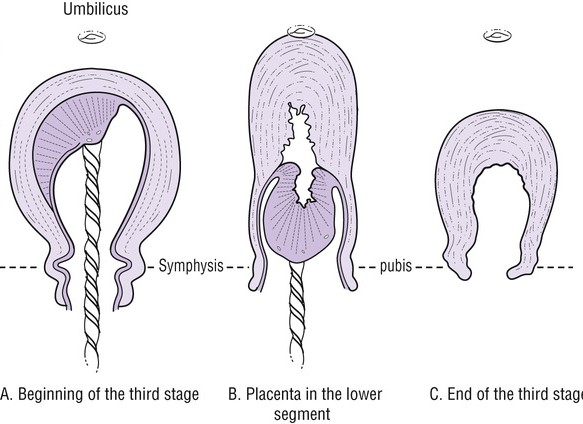
Normal third stage of labour
Normal Third Stage of Labour The third stage of labor is a critical phase that involves the separation, descent, and expulsion of the placenta and membranes, as well as the prevention of hemorrhage. Physiology of the Third Stage of Labour: Contraction and Retraction: The placental separation is initiated by the contraction and retraction of the…
-
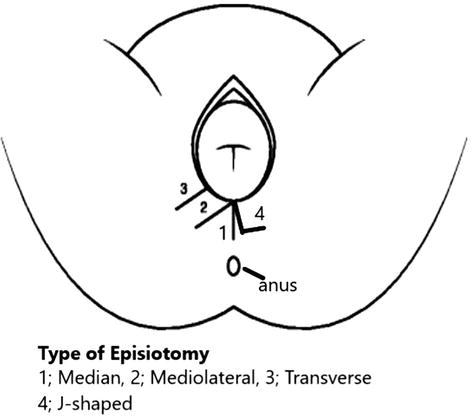
Episiotomy
EPISIOTOMY An episiotomy is a surgical procedure that involves making an incision on the perineum to widen the vaginal opening before childbirth. Indications for Episiotomy: To qicken delivery in the following situations: a. Pre-eclampsia and eclampsia. b. Cardiac diseases, to reduce strain on the mother. c. Maternal distress, to minimize strain during delivery. d. Fetal…
-

Normal second stage of labour
Normal second stage of labour The second stage of labor commences when the cervix is fully dilated and concludes with the delivery of the baby. SIGNS OF SECOND STAGE Premonitory signs Expulsive uterine contractions: Expulsive uterine contractions may occur when the mother is not fully dilated, particularly in occipital posterior position or with a full…
-
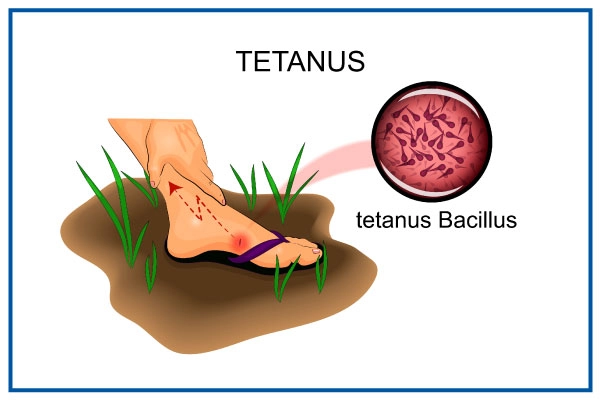
Tetanus
Tetanus Tetanus is an acute infectious disease of the central nervous system caused by clostridium tetani and is characterized by spasms of the skeletal muscles frequently attacking the muscles of the jaw. Tetanus is commonly known as ‘Lock-jaw.’ Cause of Tetanus Tetanus is caused by the exotoxins of clostridium tetani. The organism can live for…
